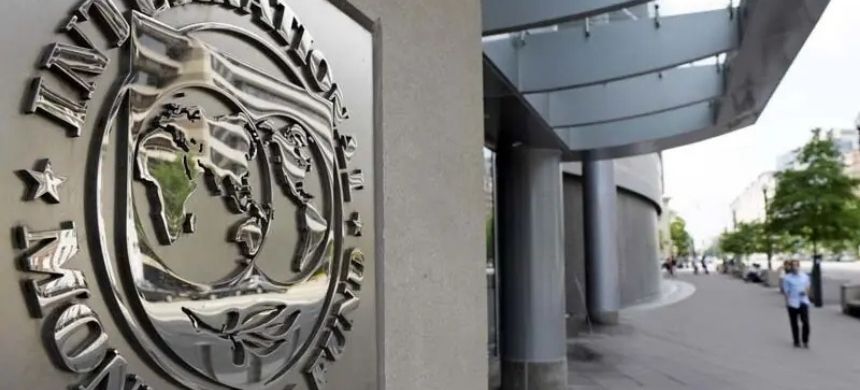The IMF has cautioned that severe flooding in Pakistan during the third quarter of 2025 could harm the country’s economy more than expected. The Fund said the floods may have stronger negative effects on growth, inflation, and the current account, although the exact impact remains uncertain.
In its latest report, “Regional Economic Outlook: Middle East and Central Asia, Resilience amid Uncertainty – Will it Last?”, the IMF noted that inflation in Pakistan has eased in 2025 due to lower food and energy prices. However, it warned that inflation may rise again in 2026 as prices normalize and short-term electricity subsidies end.
According to the report, Pakistan’s economic growth is projected to improve to 3.6 percent in 2026, supported by ongoing reforms, better financial conditions, and improved business confidence. Despite flood damages, growth is expected to stay between 3.5 and 4 percent, reflecting economic resilience.
The IMF also projected exports of goods and services to rise from USD 40.7 billion in 2025 to USD 42.1 billion in 2026, while imports are expected to increase from USD 70.1 billion to USD 74 billion. The fiscal deficit is forecast to narrow from -5.3 percent of GDP in 2025 to -4.1 percent in 2026, reflecting stronger fiscal management.
Gross official reserves are projected to rise from USD 14.5 billion to USD 17.7 billion, while external debt is expected to grow slightly to USD 30.6 billion in 2026. The Fund warned that higher global borrowing costs could increase fiscal risks, especially in countries like Pakistan where banks hold large shares of government bonds.
The IMF also said that reforms in Pakistan’s tax and energy sectors have helped strengthen the economy. However, it stressed that faster structural reforms are needed to boost resilience and support long-term growth.
In other related news also read IMF Warns Pakistan Floods May Slow Growth and Worsen Inflation
At a press briefing, Jihad Azour, Director of the IMF’s Middle East and Central Asia Department, said that economic activity in Pakistan and the wider region has been stronger than expected. He added that growth in the Middle East, North Africa, and Pakistan region is projected at 3.2 percent in 2025, supported by reforms and strong domestic demand.











